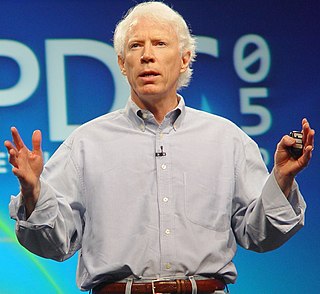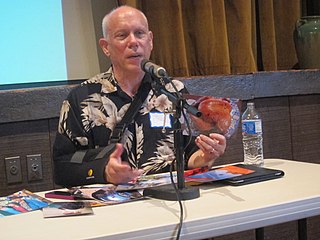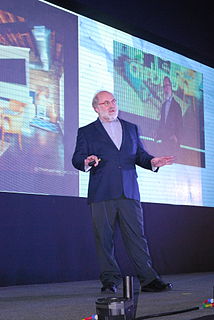A Quote by Massimo Vignelli
...if all people doing desktop publishing were doctors we would all be dead!
Quote Topics
Related Quotes
It was 4 or 5 years into my first design job before the idea of doing graphic design on computers started taking hold. I started working in 1980, the Macintosh was introduced in 1984, then the real desktop publishing only started coming around in 85-86, but it wasn't really until the end of the decade that the transition became irresistible.
I think a lot more people are able to take on a design challenge than ever before. And this was true 20 years ago when the desktop publishing revolution came about that allowed people with Macintosh's at home to produce professional-looking newsletters or publications for the first time. So, there's a long march toward more democratization for design.
I really do think for the vast majority of cases, doctors didn't think they were doing anything wrong - they were doing what was being recommended at the time, and many times people were able to take these prescription opioids and not have a problem with it. But what we do know is that if we take these drugs long-term, dependency develops quickly, within as little as a week. What we all have to realize is that these pills are chemical cousins of heroin - one is an illegal opioid and one is legal, but they are relatives.







































